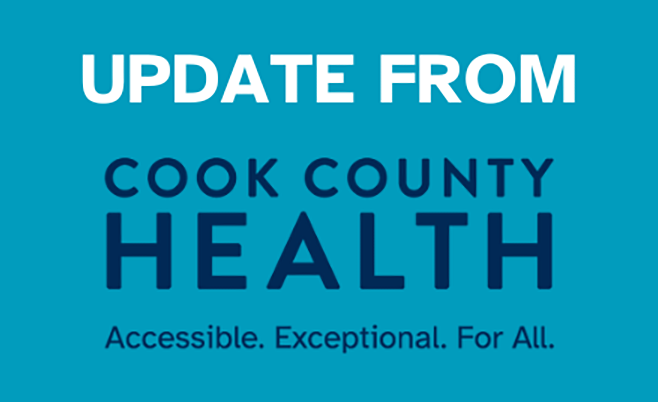By the time paramedics wheeled Daniel Dilce into Stroger Hospital’s busy trauma unit early Sunday, there was little doctors could do to save his life.
Blood leaked from the 35-year-old’s wounds and radiated across the white sheets beneath him as a heart monitor reported an unbroken flat line. CPR hadn’t worked during the ambulance ride from the North Austin neighborhood, where he was shot while sitting in a vehicle outside his home. He hadn’t had a pulse in 20 minutes.
“So the time of death is now,” trauma surgeon Dr. Andrew Dennis said at 2:13 a.m. to the paramedics huddled around the body. Periods of silence followed as Dennis examined the wounds to Dilce’s back, shoulder and face.
“There are patients you can save and there are patients you can’t. You have to work within the confines God gives you,” said Dennis, his eyes ringed by dark circles during the overnight shift at one of the country’s busiest trauma centers.
Dilce was one of five people fatally shot in Chicago during the hot, violent weekend. Thirty-four others were shot. The numbers come on top of a bloody 2012 so far. As of early last week, homicides had risen about 35 percent compared with the same period in 2011; shootings had increased 11 percent.
It was a stressful weekend for Chicago police. For the first time this year, the department offered overtime to officers in an effort to tamp down violence in gang-infested neighborhoods on the South and West sides, prevent mob attacks such as the ones along the Michigan Avenue corridor last weekend and provide security for a visit from President Barack Obama.
When the inevitable gun violence erupted, Dennis and his team at Stroger rushed to rescue the wounded, treating seven gunshot victims from Saturday night to Sunday afternoon.
Some weekend nights bring as many as 15 gunshot victims into the county hospital’s trauma unit, Dennis said. Though he tired visibly as the hours passed, Dennis, the head surgeon for the night, brought energy to his work making incisions, finding buried bullets, sewing up wounds and coaching less experienced doctors. He joked about fatigue, but he also made critical remarks to doctors as he supervised.
As of 1:10 a.m., 12 of the unit’s 14 stations designated for trauma patients were filled. The injured were attached to machines that fed fluids and monitored hearts. It was so busy that Dennis called another trauma surgeon for help, something he’s done only a handful of times in the last several years.
The patients had come to the unit for reasons that ranged from the mundane to the unusual — an intoxicated grandfather was hit by a vehicle while he carried his granddaughter. They both needed treatment.
But gunshot wounds are a constant on hot weekends, Dennis said. The doctors and nurses, he said, don’t judge their patients based on their lifestyles.
“I don’t care … what you did. We’ll take care of you,” he said. “And you’ll pay the man later for whatever deeds you did.”
The trauma unit sees the results of gun violence that has surged to the dismay of Mayor Rahm Emanuel and police Superintendent Garry McCarthy, who argued last week that the city has a “perception problem.” McCarthy pointed out that while homicides and shootings are up for the year, the numbers have improved in recent weeks. In addition, overall crime is down.
Looking to stem the shootings, the city offered overtime to officers willing to trade a day off for weekend work. More than 100 officers took the department up on the offer over the weekend, according to spokeswoman Melissa Stratton. Extra police were deployed “based on an analysis of where additional assistance was needed in neighborhoods throughout the city, as well as at the beaches and Michigan Avenue,” she said.
Beat officers were in heavy supply downtown Saturday night. There were no reports of unprovoked mob attacks like the ones last weekend.
McCarthy was unavailable for comment Sunday.
As of Sunday, the city did not appear to be on track for a weekend as bloody as the last one when 53 people were shot, nine of them fatally. Still, the totals from Friday afternoon to Sunday night stood at 34 wounded and five dead.
“The hotter it is, the more violence we tend to see, and probably that’s more of the result of people being outside,” Dennis said.
About 2 a.m. Sunday, Dilce was sitting in a vehicle outside his home in the 1300 block of North Lorel Avenue, where he lived for most of his life, neighbors and family said. Shot several times, he was wheeled into Stroger as a “triple zero” patient, likely dead on arrival.
After pronouncing Dilce dead, Dennis pointed to a wound near his left armpit and suggested the fatal bullet ripped through his aorta or another major artery.
– Chicago Tribune

